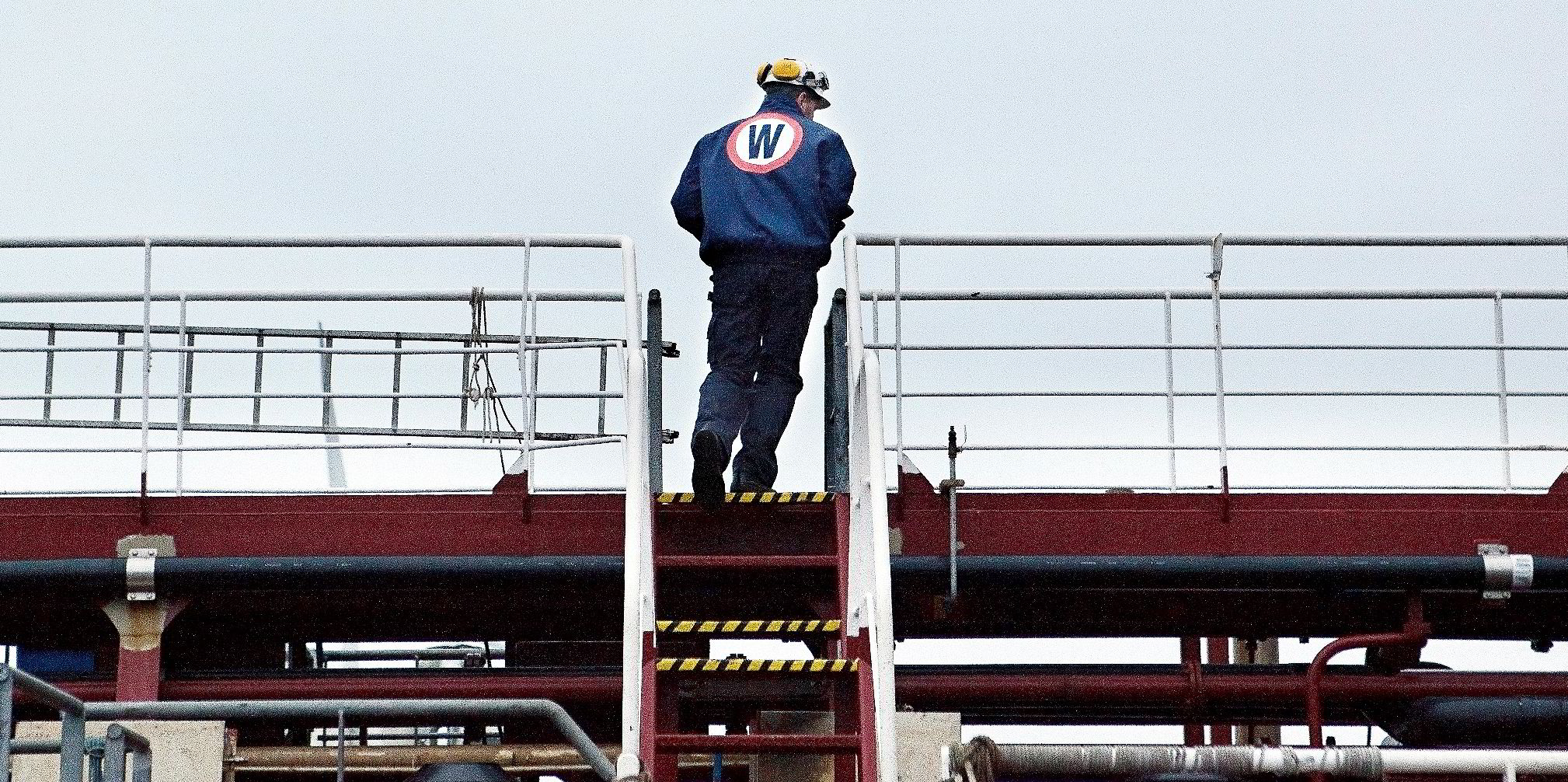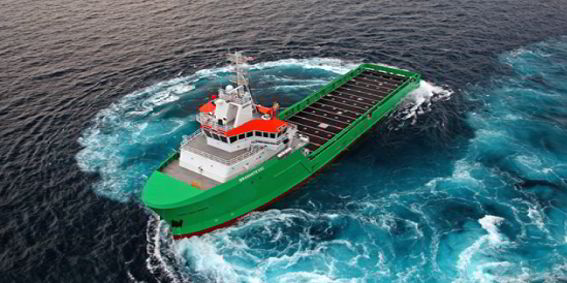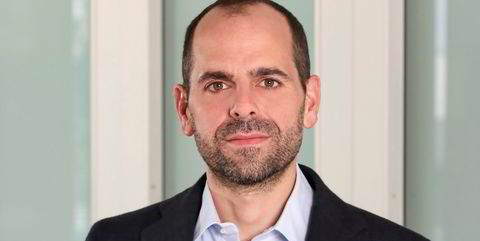ING Bank is weighing its legal options after a US judge issued a decision in an OW Bunker case that ran against the otherwise unanimous decisions of other jurists overseeing the dozens of disputes in federal courts.
District Judge Robert Hinkle, of the US federal court in Panama City, Florida, has upheld a physical supplier's lien for fuel purchased through the collapsed Danish bunker company but delivered by Martin Energy Services in the days before OW filed for liquidation.
But he has still given ING Bank, OW's main secured creditor, the share of the bunker bill that the bunker giant would have received had it not gone under.
Intended outcome?
"This order reaches the substantive result that all parties to the underlying transaction intended - the substantive outcome that would have occurred had there been no bankruptcy," he wrote.
Bruce Paulsen, the Seward & Kissel maritime lawyer representing the bank, said he believes the Florida court got it wrong.
"We think the lien decision runs counter to the law and of course to many many prior decisions at this case," he told TradeWinds.
But Paulsen said the ruling is an outlier. The case involves a Rule B attachment rather than a vessel arrest, and the Panama City is part of the Eleventh Circuit, with no binding authority over the New York federal court where most of the dozens of OW lawsuits are being heard.
Maritime liens denied elsewhere
The claim involved is relatively small, some $290,000, but adds a wrinkle to the OW saga, where all other US judges who have weighed in have denied a maritime lien empowering the physical supplier to arrest ships. Several appeals courts are expected to weigh in on maritime liens to physical suppliers in the OW Bunker fight.
The case stems from a lawsuit filed by Brazilian owner Boldini over claims to payment for the delivery of 300 metric tonnes of fuel to its 5,500-dwt platform supply vessel Bravante VIII (built 2014) off Panama City.

The case sought to force the claimants to battle it out in court, rather than have the ship face seizure claims from both ING and US-based Martin.
Hinkle explained that it would be unfair to allow ING to collect on the full claim even though OW would have gained a spread of just $3,900 from buying then selling the fuel as middleman in the bunker delivery.
ING's lawyers argued that Martin had no contract with Boldini and had obtained no maritime lien when it delivered the fuel.
But unlike the other federal judges, Hinkle found that there was both a maritime lien and a contract between the vessel owner and physical supplier, even though Boldini hired OW Bunker to deliver the fuel and it was OW that in turn struck a deal with Martin. The PSV's chief engineer signed documentation acknowledging that the ship is liable for payment of the fuel delivered, the judge wrote.
Hinkle awarded $286,000 to Martin and $3,900 to ING.
"As a matter of common sense and simple fairness, anyone seeking to do justice in this situation would distribute the fund in precisely this way, achieving the parties’ intended result," he said.




